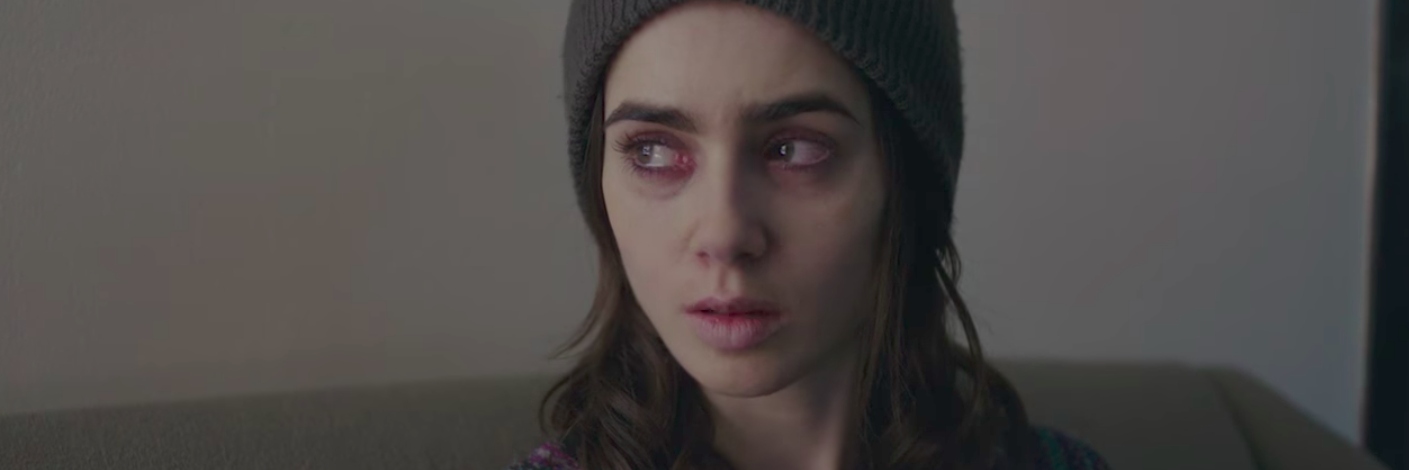5 Tips for Watching 'To the Bone' if You Are in Eating Disorder Recovery
There’s been a lot of conversation surrounding the new Netflix movie “To the Bone,” which follows a young woman’s (Lily Collins) journey with anorexia. Some argue it’s an inaccurate, romanticized, and one-sided portrayal of eating disorders, while others are concerned with the effect it’ll have on recovering and struggling individuals with eating disorders and body image. If you are struggling or recovering and choose to watch the film, I support your choice — however, it’s important to make sure you stay safe while and after watching. Here are five tips to consider:
1. Make sure you’re in the right mindset beforehand.
There’s no doubt that “To the Bone” will be a touchy viewing experience. Don’t watch it when you’re already feeling vulnerable. For me, making sure I’m in the right mindset to watch the film means making sure I’ve been consistently following my meal and exercise plans. Similarly, have those plans outlined for after the movie. Set your body up for success while your mind processes any triggers.
2. Engage your support system.
Lean in to the people around you! If you can’t, or don’t want to, watch the movie with someone, make sure you haven’t been isolating yourself. If possible, make plans for after you watch the movie to either talk about it or just distract yourself.
3. Acknowledge your responses.
If “To the Bone” becomes triggering, it’s important that you acknowledge those feelings and resolve them instead of allowing them to sink in and worsen. If talking things out isn’t your style, consider other options like journaling, reading articles from other viewers or pulling out techniques from your coping mechanisms. Don’t engage in negative responses or old habits.
4. Lean in to self-care.
Be kind to yourself! Even if you don’t find yourself having any kind of intense response to the film, it’s important that you give your mind time to consider any underlying responses. Understand and respect that you may need to give yourself some extra time and leeway to do things that make you feel comfortable and safe.
5. Be a critical viewer.
Finally, recognize this film is just that: a film. Challenge its messages and images if necessary, and don’t be afraid to speak up about your opinions. Take this as an opportunity to be not only a spokesperson for yourself, but for the eating disorder community as a whole.
If you or someone you know is struggling with an eating disorder, you can call the National Eating Disorders Association Helpline at 1-800-931-2237.
We want to hear your story. Become a Mighty contributor here.
Screenshot via Netflix YouTube channel.

